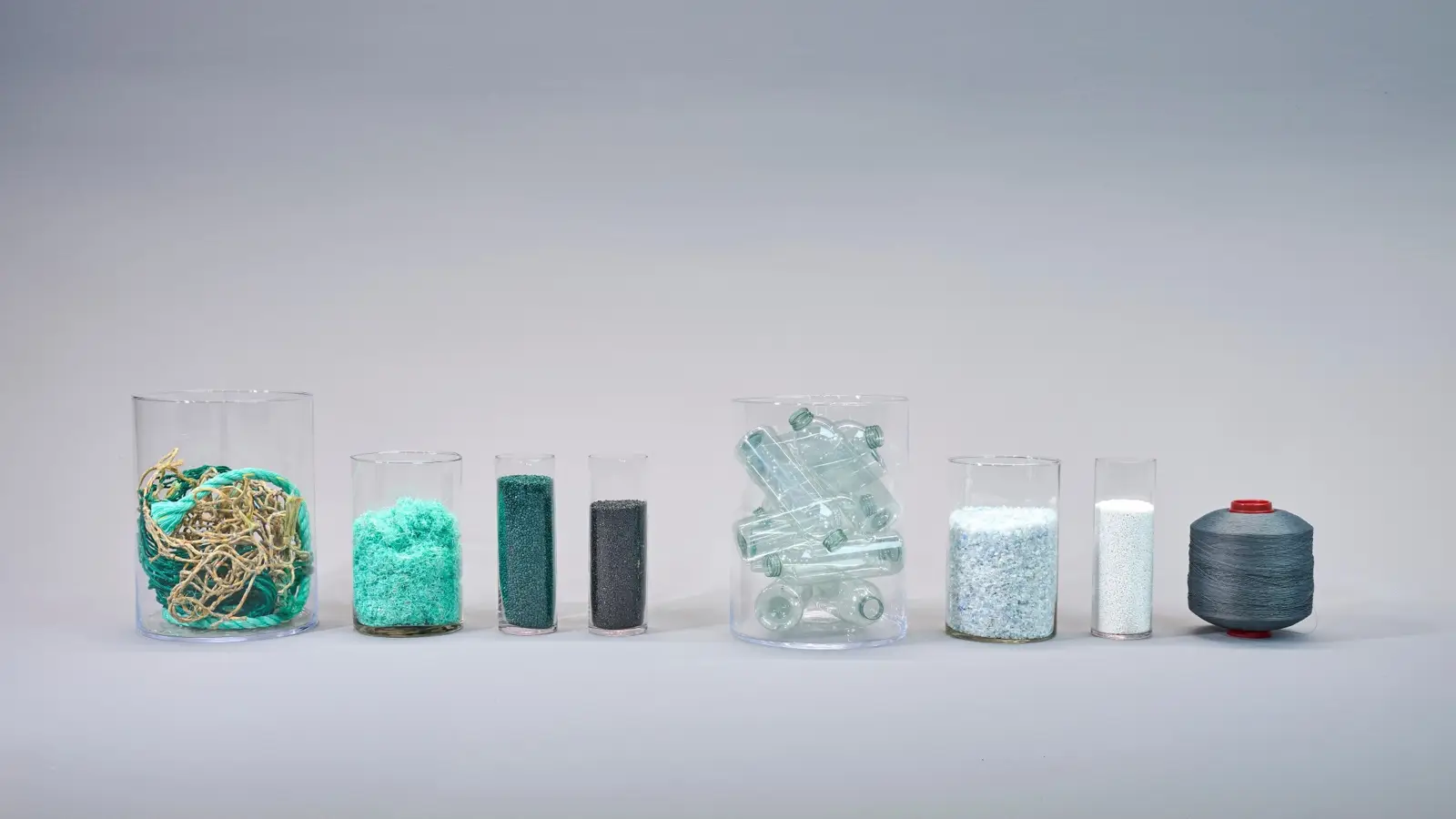BMW iX3 50 xDrive sets benchmark in sustainable mobility

The new BMW iX3 50 xDrive, first Neue Klasse model, cuts CO₂e from production to use. Discover how BMW redefines sustainable electric mobility.
BMW has unveiled the new iX3 50 xDrive – the first production model built on the Neue Klasse platform, showcasing the company’s renewed commitment to sustainable automotive design. For the first time, BMW is implementing a holistic eco-focused approach covering the entire vehicle lifecycle, from raw material sourcing to production, usage, and end-of-life recycling.
One of the key achievements is a significant reduction in carbon emissions during supply chain and manufacturing. According to BMW, after just 21,500 kilometers when charged using the European energy mix—or 17,500 kilometers with 100% renewable electricity—the iX3’s carbon footprint becomes lower than that of a comparable combustion-powered SUV. This means customers can achieve environmental benefits in as little as one year of driving.
The vehicle heavily relies on secondary and recycled materials. Half of the cobalt, lithium, and nickel used in the new Gen6 battery cells come from secondary sources. Up to 80% of aluminum used in suspension components and wheels is recycled, while engine compartment and storage parts are made from repurposed fishing nets and ropes. In total, one-third of the car’s materials are secondary. The ‘Design for Circularity’ approach also shapes the interior: Econeer seat covers and trims are made entirely from recycled PET, improving recyclability.
Energy consumption has been reduced by 20% compared to the previous electric X3 model, thanks to enhanced aerodynamics, lower rolling resistance, and an upgraded powertrain.
Production has been reimagined as well. BMW’s Debrecen plant in Hungary is the company’s first facility to operate fully without fossil fuels. All processes run on renewable electricity, with surplus solar energy stored and used to heat the paint shop ovens. This approach lowers production emissions to just 0.1 tons of CO₂e per vehicle—around two-thirds less than other BMW plants.
The strategy is reinforced by long-term climate goals: reducing CO₂e emissions by 40 million tons by 2030 and reaching carbon neutrality by 2050. Transparency is ensured through a TÜV-verified Product Carbon Footprint report, available to customers via the My BMW app and BMW’s official website.
With these measures, the new BMW iX3 is not just another electric SUV; it stands as a pivotal element of BMW’s broader strategy to significantly cut the environmental impact of automotive manufacturing. Industry observers cautiously suggest that the Neue Klasse platform, underpinning up to 40 future models, could mark a turning point for the entire automotive sector.
Mark Havelin
2025, Aug 06 13:02


